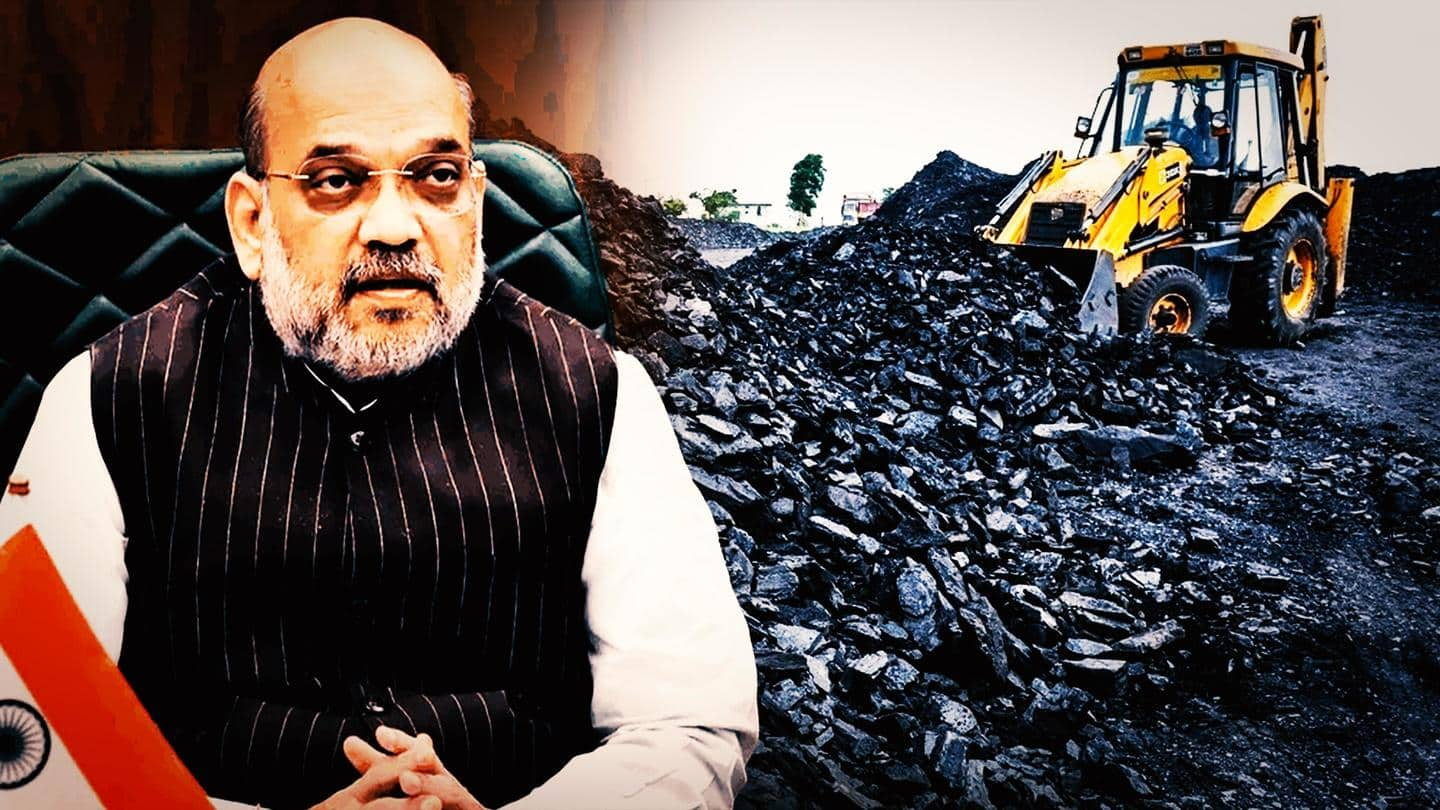
Amit Shah meets Coal, Power Ministers amid coal shortage concerns
What's the story
Union Home Minister Amit Shah on Monday met his colleagues handling the Coal and Power Ministries amid concerns of coal shortage and power outage in several parts of India.
The meet was also attended by senior bureaucrats and officials from the state-run energy conglomerate National Thermal Power Corporation (NTPC) Limited.
Several states have warned of potential power blackouts in the coming days.
Details
Meeting commenced at MHA office at 2 pm
The meeting, which included Power Minister RK Singh and Coal Minister Pralhad Joshi, commenced at 2 pm and was underway at the time of writing this copy.
It took place at the Ministry of Home Affairs (MHA) office in New Delhi.
Singh had earlier reviewed coal stock position at all thermal power plants but his Ministry has brushed off concerns of a power crisis.
Concerns
Several states have raised concerns over power shortage
Several states have raised concerns over the issue.
Delhi Chief Minister Arvind Kejriwal and Power Minister Satyendar Jain on Saturday had warned of a looming power crisis in the capital city.
Some other states have already started effecting power cuts to deal with the coal shortage at plants. These include Punjab, Rajasthan, and Tamil Nadu, among others.
Assurance
'Fear of disruption entirely misplaced': Coal Ministry downplays crisis
However, the Coal Ministry said the current fuel stock at power plants is 7.2 million ton, sufficient for four days.
It said "ample coal is available in the country to meet the demand" and "any fear of disruption in the power supply is entirely misplaced."
The statement came even as India's average coal stock at power stations is the lowest in years.
Causes
What led to India's power crisis?
The Indian government has listed several reasons that led to the coal shortage.
These include a surge in demand for electricity due to the revival of the economy after a deadly COVID-19 outbreak.
Other causes are heavy rains in coal mine areas last month, rise in prices of imported coal, and the issue of heavy dues of coal companies in some states.